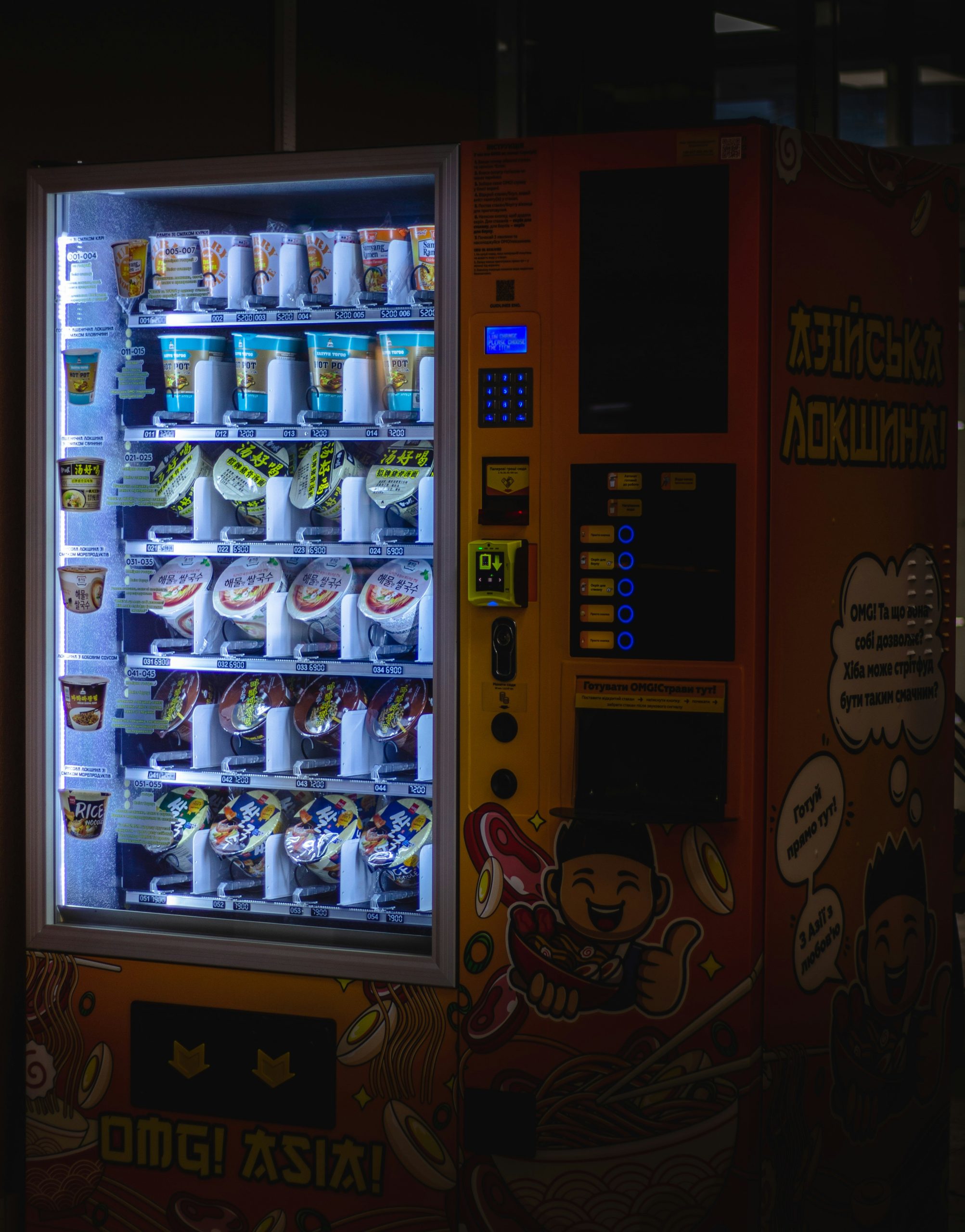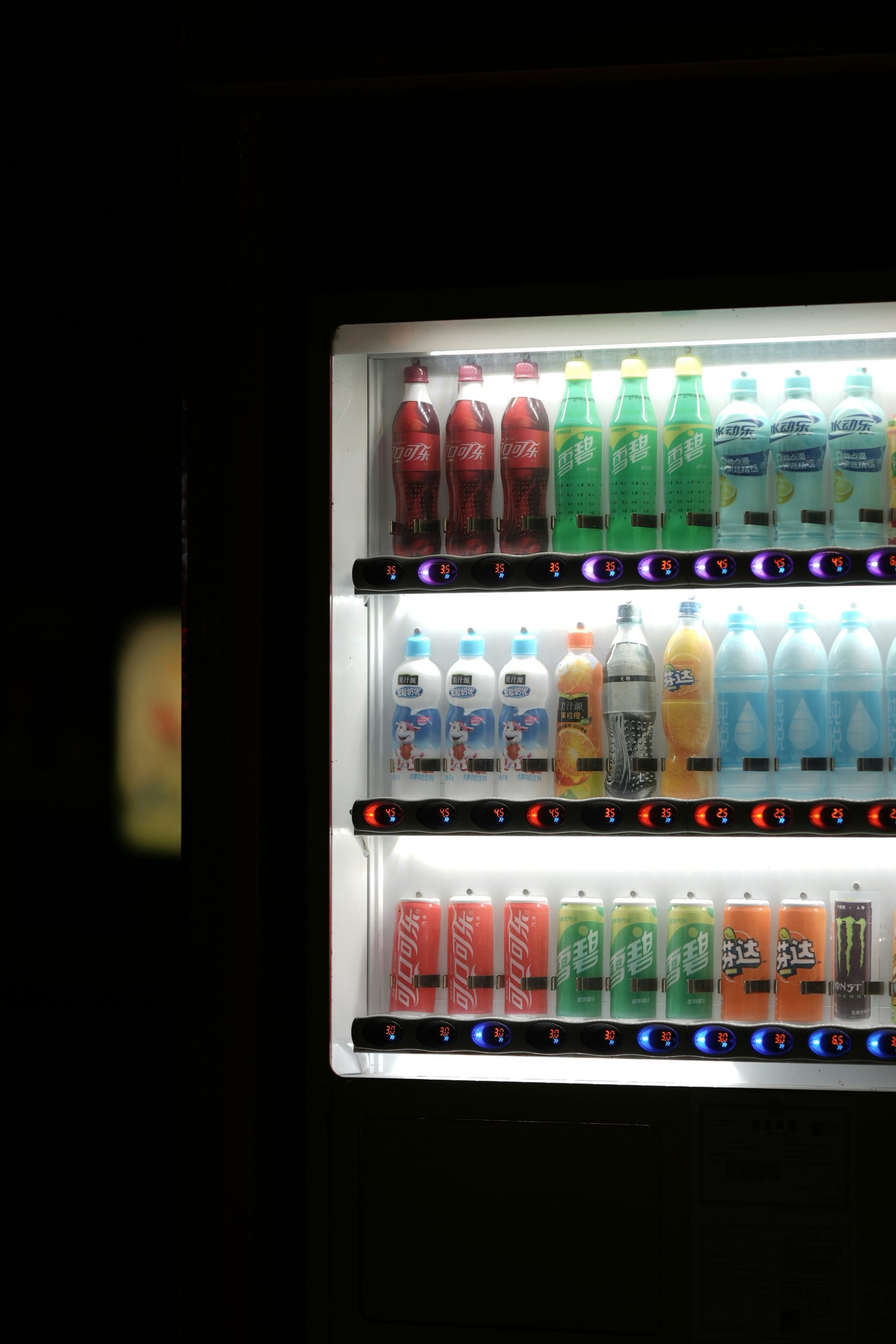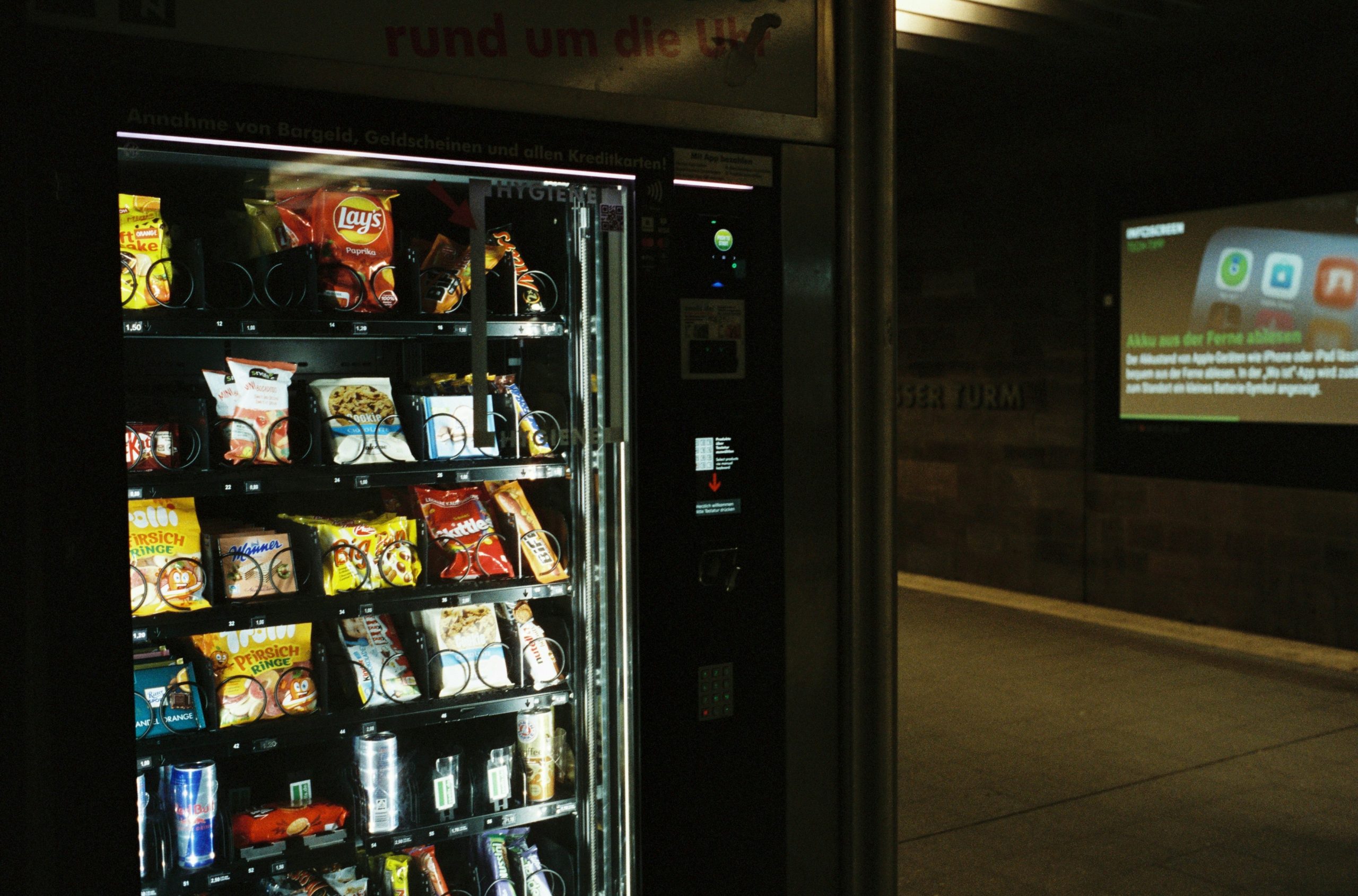
Singapore has long been a hub for innovation and convenience, pioneering advanced systems across industries. With vending machines popping up in nearly every corner of the country–from MRT stations to hospitals and schools–it’s no surprise that entrepreneurs are exploring vending machine rental as a potential business opportunity. But the question remains, is vending machine rental in Singapore actually lucrative?
This blog provides an in-depth look into the vending machine business landscape in Singapore. We’ll cover the profitability factors, initial investments, market potential, and critical challenges entrepreneurs must consider. By the end, you’ll have a clear understanding of whether renting vending machines can turn a significant profit in Singapore.
The Appeal of Vending Machines as a Business
Meeting Singapore’s Demand for Convenience
Singaporeans lead fast-paced lifestyles and highly value convenience. Vending machines have become a seamless solution to providing quick access to drinks, snacks, and even niche products like fresh meals and electronics. But it isn’t just about offering convenience to customers; vending machines also provide business owners with a way to generate passive income.
Unlike brick-and-mortar stores, vending machines require minimal space, lower overhead costs, and offer a 24/7 service model. With Singapore’s high population density and its tech-friendly audience, it’s not hard to see why vending machines are an attractive investment.
What Makes Vending Machine Rentals Profitable?
The vending machine rental business in Singapore has shown profitability for several reasons:
1. Low Operating Costs
Once a vending machine is installed, the ongoing operational expenses are relatively low. Common costs include electricity (which is often negligible), machine maintenance, and inventory replenishment. Additionally, there’s no need to hire staff, as vending machines operate autonomously.
2. High Demand & Diversity of Products
While vending machines are traditionally associated with snacks and beverages, modern machines in Singapore offer everything from freshly brewed coffee to skincare products. This diversity allows entrepreneurs to tap into niche markets and achieve higher profit margins by selling premium or unique items.
3. Supplementing Storefronts
Many businesses use vending machines to complement their existing operations. For example, a café might install vending machines offering their signature drinks to customers after hours. This extended service beyond their shop’s operating hours ensures a broader market reach.
Key Factors to Consider Before Starting
While vending machine rental Singapore can be lucrative, they are not a guaranteed source of profit. Several factors come into play when determining whether your business will succeed:
1. Location is King
Location is the single most critical factor in vending machine success. A vending machine in a high-traffic area such as an MRT station, school, or office building is far more likely to generate consistent revenue than one placed in a low-traffic residential neighborhood. However, securing prime locations often involves partnerships or rental agreements, which could cut into profits.
2. Inventory Costs and Margins
The profitability of your vending machine heavily depends on the products you offer. High-margin items, like gourmet snacks or health products, can be significantly more profitable than standard soda or chips. On the other hand, premium items might require higher purchase investments, so balancing cost and demand is key.
3. Machine Costs and Maintenance
- Rental Costs vs. Purchase Costs: Many businesses opt to rent vending machines instead of buying, as it requires lower upfront investment. However, long-term contracts may mean higher cumulative costs over time. Those looking to own machines outright will need to factor in higher initial costs but may save substantially in the long run.
- Maintenance & Repairs: Machines occasionally face technical issues, whether it’s a jammed item or a payment system failure. A reliable maintenance plan is essential to minimize downtime and lost revenue.
4. Licensing Requirements
The Singaporean government has strict guidelines surrounding vending machines, particularly those distributing food and beverages. Entrepreneurs will need to secure the necessary permits and adhere to food safety regulations. Non-compliance may lead to hefty fines or the suspension of business operations.
Challenges in the Vending Machine Rental Business
Competitive Market
Vending machines are immensely popular in Singapore, but the market is also highly competitive. Established players often dominate prime locations, leaving fewer opportunities for new entrepreneurs.
Profitability Timeline
While vending machines can be a steady source of income for the long term, significant profits are unlikely to be immediate. Operators must account for a break-even period, which can range from several months to a few years, depending on factors like location, machine costs, and product pricing.
Technological Upgrades
Today’s vending machines go beyond coin slots. Customers expect smart vending machines that accept digital payments like PayNow, NETS, and even cryptocurrencies. Regularly upgrading outdated machines or retrofitting them with new technologies can be a substantial expense.
Case Studies and Examples
Success Story #1 – Health Snacks in MRT Stations
A vending machine operator in Singapore focusing on healthy snacks and drinks placed machines in fitness centers and MRT stations during peak hours. By offering products tailored to health-conscious commuters, they were able to capitalize on a niche that competitors often overlook.
Success Story #2 – Niche Products Targeting Students
Another entrepreneur installed vending machines selling stationery and study supplies near universities and colleges. By addressing a clear need in a specific demographic, they created a profitable venture with minimal competition.
On the flip side, there have been cases where vending machines placed in poorly trafficked areas underperformed, highlighting the importance of strategic planning.
Can You Make Vending Machine Rental Lucrative?
The Short Answer: Yes, but it requires effort, planning, and the right strategy.
Vending machine rental in Singapore is a promising opportunity if you understand the nuances of the business. Choosing hotspots with high foot traffic, targeting specific customer needs, and maintaining well-stocked and functional machines are the pillars of a successful vending machine business.
For entrepreneurs willing to invest the time, capital, and creativity into this business, vending machines can generate a steady revenue stream with minimal day-to-day involvement. However, understanding the associated costs, regulations, and challenges is essential for anyone considering stepping into this industry.
Make Your Decision
Start your vending machine business with confidence. Whether you want to rent machines or explore purchasing options, thorough research, and planning are the keys to unlocking profitability.
For those ready to take the plunge, renting might be the first practical step. Before investing, map out potential locations, identify the products that fit your target audience, and assess the financial viability of the business.
Once you’ve established your foundation, focus on creating a strong maintenance plan to ensure your vending machines operate smoothly. Regularly restocking products, inspecting the machines for technical issues, and keeping them clean will not only improve functionality but also enhance customer satisfaction. Additionally, consider leveraging technology such as cashless payment systems or remote monitoring tools to stay ahead of trends and provide greater convenience to users.
Finally, don’t underestimate the power of marketing. Use social media platforms, local advertising, or partnerships with nearby businesses to promote your vending machines and attract more customers. With dedication, strategic planning, and ongoing effort, your vending machine business has the potential to grow into a successful and sustainable venture.
Consider expanding your product offerings to cater to diverse customer needs. For example, introducing healthier snack options, beverages suitable for various dietary preferences, or even non-food items like personal care products can attract a wider audience. Additionally, keeping an eye on consumer trends and seasonality can help you adjust your inventory to remain relevant and meet demand. Regularly collecting feedback from customers is another effective way to understand their preferences and enhance their experience. By staying adaptable and customer-focused, your vending machine business can remain competitive and continue to thrive.
Location plays a crucial role in the success of a vending machine business. Placing machines in high-traffic areas such as office buildings, schools, gyms, or shopping centers can significantly increase visibility and sales. It’s also important to consider the demographics and preferences of the people frequenting these locations to ensure your product offerings align with their needs. Regular maintenance and restocking of machines are equally important to ensure reliability and avoid disappointing customers. A clean, well-maintained machine not only improves customer satisfaction but also helps build trust and encourages repeat business. By carefully selecting strategic locations and maintaining high standards, you can maximize the potential of your vending machine business.
Related Blog



